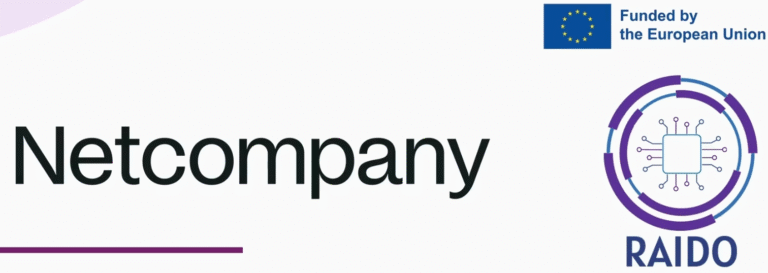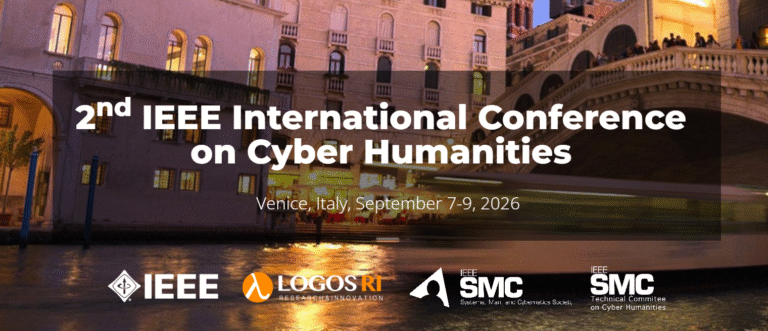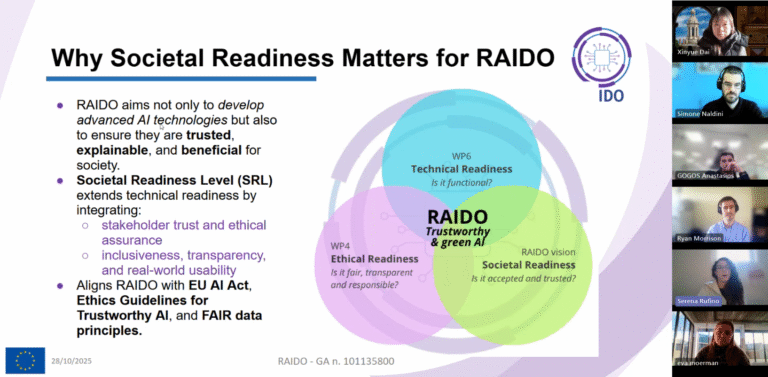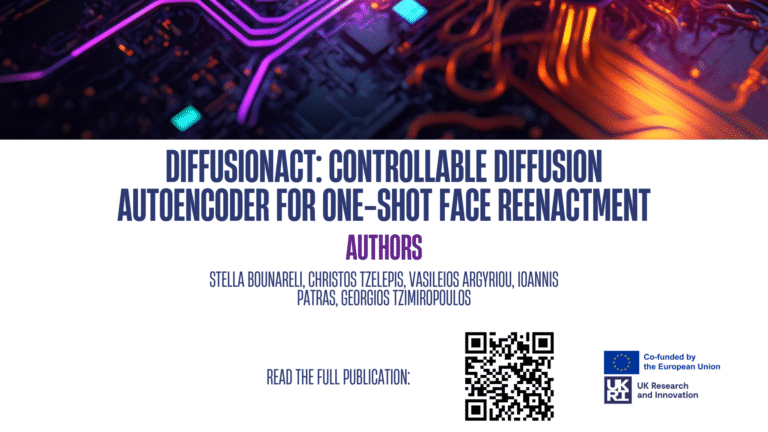
NOVA Spektrum, Lillestrøm, Norway – This past June, the RAIDO project was a featured participant at the Internet Governance Forum (IGF) 2025, contributing to a key discussion on AI and environmental sustainability.
Our project representative from QMUL, was invited as a panelist for the Open Forum #27: “Make Your AI Greener: A Workshop on Sustainable AI Solutions.” This high-level session, organized by UNESCO, brought together global experts from government, academia, business, and civil society to explore practical, scalable solutions for building energy-efficient and climate-conscious AI systems.
The RAIDO Approach
During the panel, we presented the work of the RAIDO project, highlighting our core goal: to develop AI models that are fundamentally energy-aware and resource-efficient, moving beyond theoretical gains to focus on practical, real-world pilot deployments.
A key example shared was RAIDO’s work in the energy sector, specifically the day-ahead forecasting of energy demand and supply in smart homes with microgrids. To tackle this challenge sustainably, RAIDO utilizes knowledge distillation:
- A large, complex, and highly accurate time-series model (the “teacher”) is developed.
- Its knowledge is then “distilled” into a much smaller, lightweight “student” model.
The result is a highly effective “student” model that retains comparable accuracy but with only about 60% of the original model’s parameters.
Impact: Smaller Models, Greener Grids
This significant reduction in size means the RAIDO model consumes far less energy during operation. It is lightweight enough to be deployed directly on low-power edge devices—such as those found within a smart home or local microgrid.
This approach not only improves grid efficiency and reduces energy waste but also helps democratize AI by making powerful tools accessible without requiring massive computational resources. By proving the effectiveness of compact, deployable models in our real-world pilots, RAIDO is demonstrating a viable path forward for balancing AI’s powerful capabilities with planetary responsibility.

Watch the Full Session on YouTube






